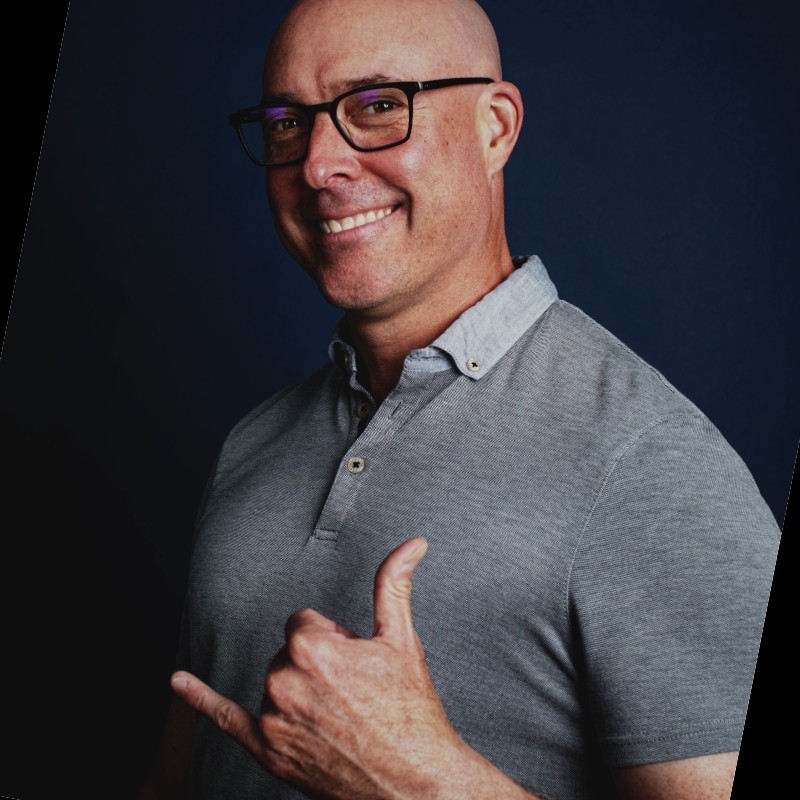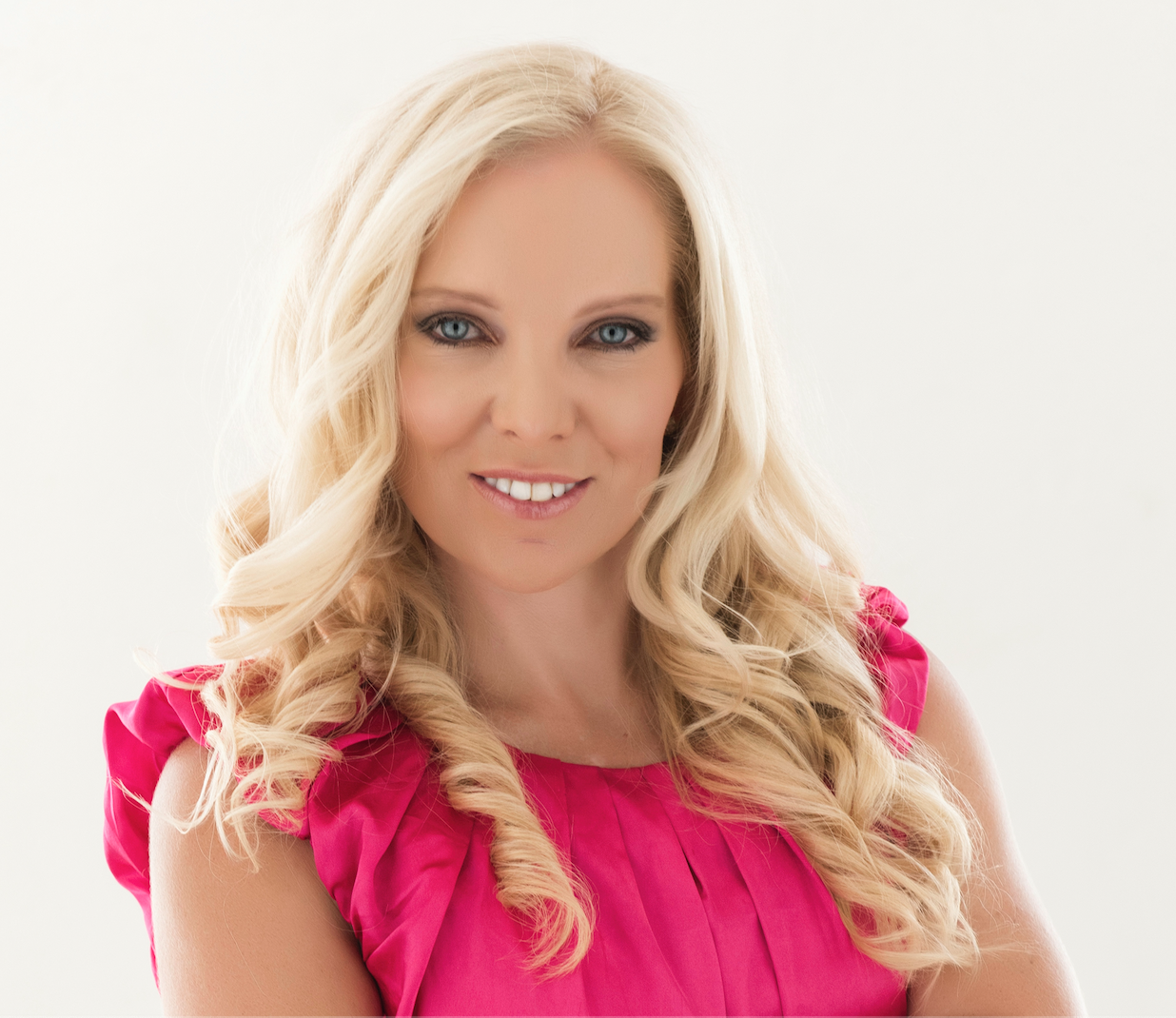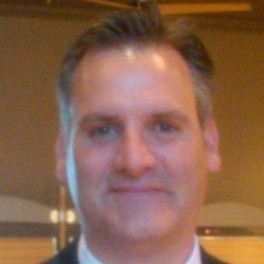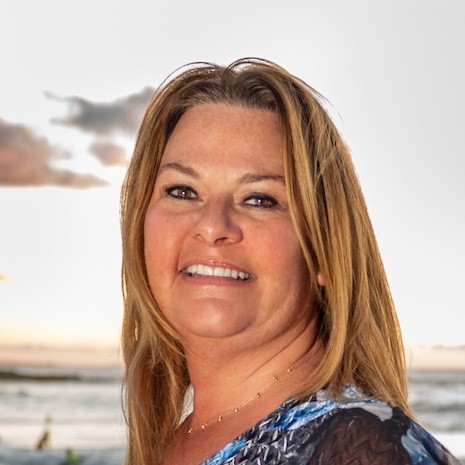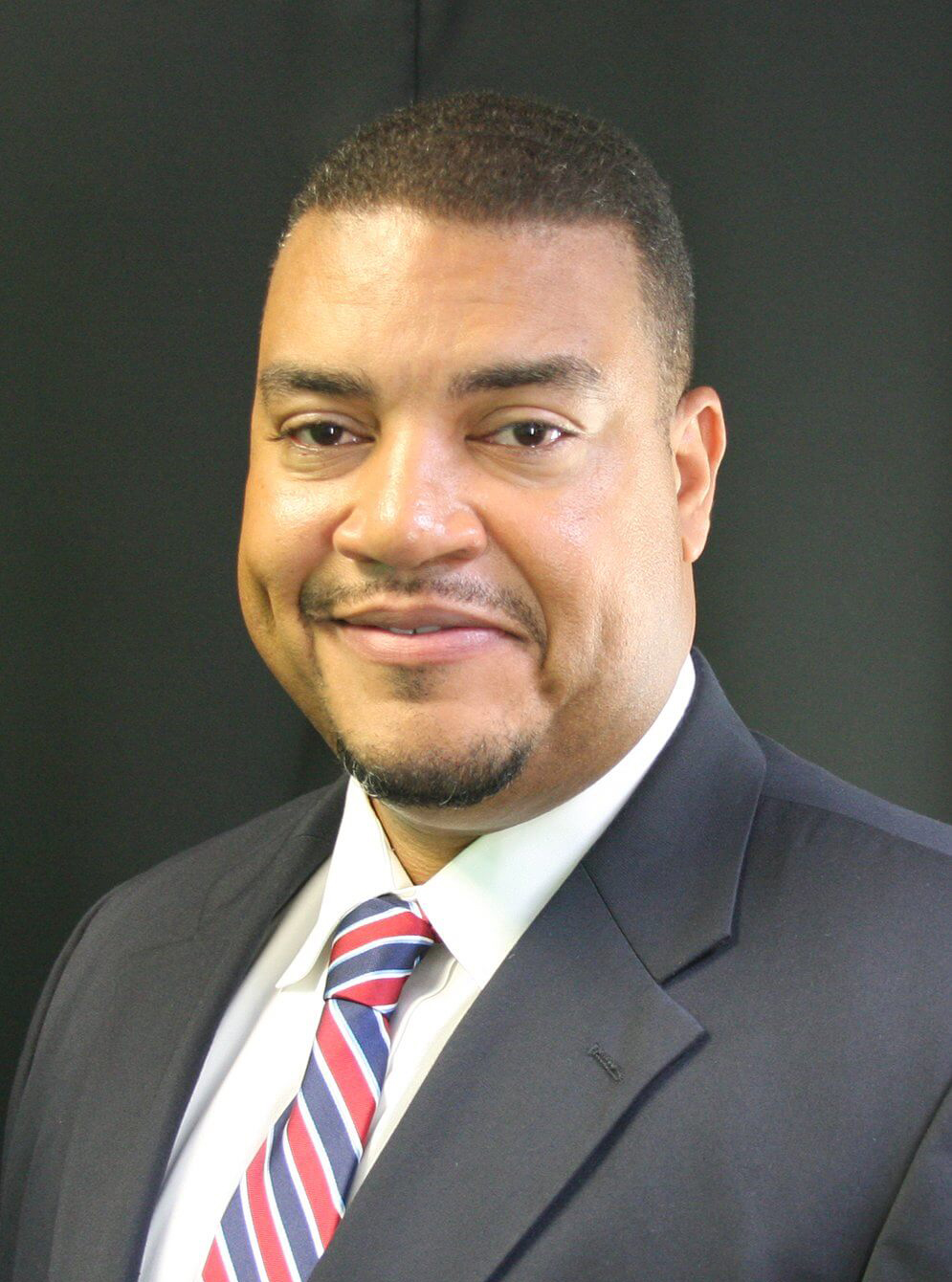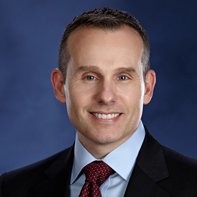The healthcare industry is expected to undergo significant changes in 2024. Healthcare executives will need to make decisions and resource allocations concerning digital transformation, generative artificial intelligence, ESG, and margin pressures. Healthcare executives will face the challenge of adopting new technologies and business models while under sustained financial pressure. In terms of healthcare costs, estimates suggest that healthcare costs will rise by 7% in 2024, which is higher than the previous two years. This increase is attributed to continued labor shortages, drug price increases,
and new contracts between payers and providers. It is also worth noting that the cost of job-based health care coverage for 2024 is expected to rise at its fastest pace in years as inflation pervades insurance policies. Overall, the healthcare industry is expected to undergo significant changes in 2024, and healthcare executives will need to adapt to the new environment to ensure their organizations’ success.
The Future of Healthcare
Healthcare Think Tank
September 19, 2024 - Chicago, IL
Past and Present Visionaries


Linda Kulhanek
CFO South Region
CommonSpirit Health
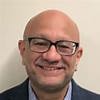

Jim Petrassi
Divisional Senior Vice President and Chief Technology Officer
Health Care Service Corporation
Think Tank Speaker
Jim is the Chief Technology Officer of HCSC (Blue Cross and Blue Shield of Illinois, Montana, New Mexico, Oklahoma & Texas). HCSC is the country’s largest customer-owned health insurer with nearly 17 million* members across our five states with 20,000 employees in 60 plus offices. As a technology strategist and advisor to senior business executives, Jim has a remarkable ability to understand the latest technology trends/disruptions and their potential impact on business. This unique blend of skills allows Jim to function as a technology thought leader with a proven ability to transform strategy into operations. He has a track record of using technology to better enable business process and create new opportunities. Whether a small team of strategists, a large change program of 100+ developers, or a global organization of 1300 consultants, Jim has become known as a strong leader that gets results.


Uma Mahesh Reddy
CISO
Prime Healthcare Services
Think Tank Speaker
CISO and Director of Telecommunications in the healthcare industry. Skilled in Healthcare Information Technology (HIT), Security, Management, Business Strategy, Vendor Management, Software development. Strong information technology professional with a Master's degree focused in Information Technology (Security) from Central Queensland University, Melbourne Campus.
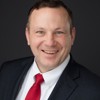

Matt Mattner
COO / Healthcare Steering Committee
Fisher Titus Health
Think Tank Speaker
A healthcare executive with progressive military and civilian leadership experience, 12 years at the C-suite level, including COO Cleveland Clinic Lutheran Hospital and now as COO Fisher-Titus Health an integrated system with acute care, post acure care, employed physicians group and EMS ambulance company. Matt is able to adapt in ambiguous and shifting strategic environments, and achieve goals with constrained resources. Passionate about helping people and creating an environment where caregivers thrive to provide the highest quality care to patients. Quality and safety are the highest priorities. Understand, apply, and teach the business of healthcare, working to improve efficiency and effectiveness through a shared understanding of organization goals, objectives, and interconnectivity. A proven track record of resolving complex issues and achieving results that exceed expectations through effective physician relations, business acumen, training, teaching, and team building.
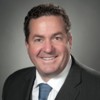

Tom Cushing
Principal Advisor IT Strategy & Application Solutions
Northwell Health
Think Tank Speaker
As a technically sophisticated executive I have established a solid record of partnering with established multi-national healthcare organizations to exploit technology and leverage knowledge of IT solutions to drive organizational change and support business process design. Throughout my career I have introduced Agile Methodologies to structure long-term strategies and enrich business systems. I also have a solid awareness of business solutions maintaining a keen focus in the area of collaboration, documentation management, and CRM to accelerate the company mission.


Ivan Durbak
CIO
BronxCare Health System


Cheri Glass
VP Employee Experience / Healthcare Steering Committee
Baptist Healthcare Systems
Think Tank Speaker
Cheri Glass, SPHR, SHRM-SCP, is vice president of Employee Experience for Baptist Health a full-spectrum health system, which employs more than 23,000 people in Kentucky and surrounding states. Previously, Glass served as vice president of Human Resources for Baptist Health Medical Group, which encompasses the system’s employed providers; Baptist Health Home Care; and Baptist Health Community Care, the system’s value based care arm. Glass has more than 25 years of HR leadership and experience in Louisville, most recently as vice president of Talent Acquisition, Human Resources & Benefits for Signature Healthcare. She also has served as assistant vice president of Employee Benefits for BB&T Insurance Services; as the market practice leader, chief human resources and administrative officer for Fetter Printing Company; and as director of human resources for AAA of Kentucky. Glass holds a bachelor’s degree in business administration/personnel administration and industrial relations from the University of Louisville. She and her husband have been married for 36 years have two children and are currently planning for the marriage of their daughter. Living in Kentucky Cheri and her husband Doug also breed and race thoroughbred horses.
September 19, 2024
Attend this event
Agenda
All times Central Time
8:00 AM-9:45 AM
Registration
9:45 AM-10:30 AM
Morning Networking
10:30 AM-10:40 AM
Opening Remarks
10:40 AM-11:25 AM
Vision Keynote Panel
Managing The Margin
11:30 AM-11:55 AM
Keynote
Healthcare AI: What’s AI Doing for You?
The terms "Artificial Intelligence" and "Advanced Machine Learning" are often thought of interchangeably. While there is a relationship between AI and AML, to say they are the same thing is an oversimplification and misclassification. Rather, one begets the other with AI being the basic principle upon which AML is developed.
As AI begins to mature and migrate away from purely advanced mathematical operations into decision making paradigms, AML steps forward as the predictive ability of machines to process vast quantities of data. As data and analytics becomes foundational to the way every business operates, AI and AML will become foundational capabilities.
12:00 PM-12:15 PM
Vision Voices
Wellness. What Is Possible.
Healthcare employee wellness programs emphasize the special factors that accompany working in a healthcare enterprise, such as long shifts, frequent night shifts, exposure to infectious diseases and hazardous materials, isolation and burnout from working in a high-stakes environment, stress due to the higher responsibility of life or death situations, and trauma and psychological strain from seeing daily suffering. Healthcare employee retention and well-being are arguably more important than that of other professions, given the implications of the job. Health and wellness programs are essential for our most essential workers.
12:15 PM-1:15 PM
Lunch & Disruptor Showcase
12:55 PM-1:10 PM
Lunch & Disruptor Showcase
Value Based Care – What’s the Strategy
Value-based payment and delivery transformation is not the future, it is the present. Successful health systems, hospitals, medical groups and other providers are those that seek to engage with members to improve their health and total cost of care, rather than simply providing episodic services when a patient is sick. Cost reduction is no longer primarily about per-visit cost, but rather total cost of care per member per month (PMPM). In addition to looking at cost from the payer perspective, cost reduction must also be viewed in terms of the member’s out-of-pocket expenses. Put another way, providers must aim to reduce the totality of medical costs for each member they manage, rather than focusing only on the costs for a member when they show up at a clinic or hospital
1:15 PM-2:00 PM
Panel
Impacts of AI On Patient Care
AI is being applied within the healthcare field, especially for the tasks of diagnosis and treatment recommendations, patient engagement and adherence, and administrative activities of the healthcare workforce. Seemingly, the best thing about applying AI in healthcare is that it can be used to improve various spheres: from gathering and processing valuable patient data to being used for programming surgeon robots. Let’s take a closer look at how AI is impacting healthcare diagnosis including detecting and classifying disease; improving decision making process and driving treatment solutions.
2:05 PM-2:40 PM
Fireside Chat
Workforce Stabilization
Workforce stabilization has to be a top priority for healthcare executives. Successful workforce stabilization initiatives will be necessary to develop a consistent, reliable, well-balanced healthcare workforce. Achieving workforce stabilization requires: getting to the root of staff turnover; addressing the reality of clinician burnout; understanding clinician wellness; and addressing a pipeline that is not producing the necessary talent.
2:40 PM-3:00 PM
Networking Break
3:00 PM-3:15 PM
Disruptor
2024 Technology: Improving Optimization and Productivity
Optimization and productivity are crucial in healthcare to ensure that patients receive the best care possible. To cope with these unprecedented challenges, health systems must learn to do more with less, and consolidation and efficiency are the name of the game. Consolidating and integrating business critical software and systems; and aligning the right resources with need based on skills and availability must considered
3:20 PM-3:35 PM
Vision Voices
Clinic Innovation & Healthcare Equity
Health equity is when everyone has the opportunity to be as healthy as possible. Innovation can be defined as invention + adoption + diffusion. Successful innovations often possess two key qualities: they are both usable and desirable. We will consider working examples of how clinic innovation is favorably impacting health equity, the associated challenges, risks, and how to evaluate success.
3:40 PM-4:25 PM
Panel
Improving Healthcare Outcomes- Diagnosis, Data, Patient Centric Care
Accuracy of diagnosis, data quality and patient centric care are the buzzwords around improving healthcare outcomes. Leveraging artificial intelligence with medical procedures to diagnose disease early, when there is the highest potential for impact. Data quality lives by accuracy, consistency, and relevancy. How can we improve data quality by reducing redundancy and decreasing medical errors? Patient centric care thrives if the partnership among practitioners, patients, and their families align with patients' wants, needs, and preferences. In this session, we will discuss what’s working and what’s not working, as we look to improve diagnosis, data quality and patient centric care.

